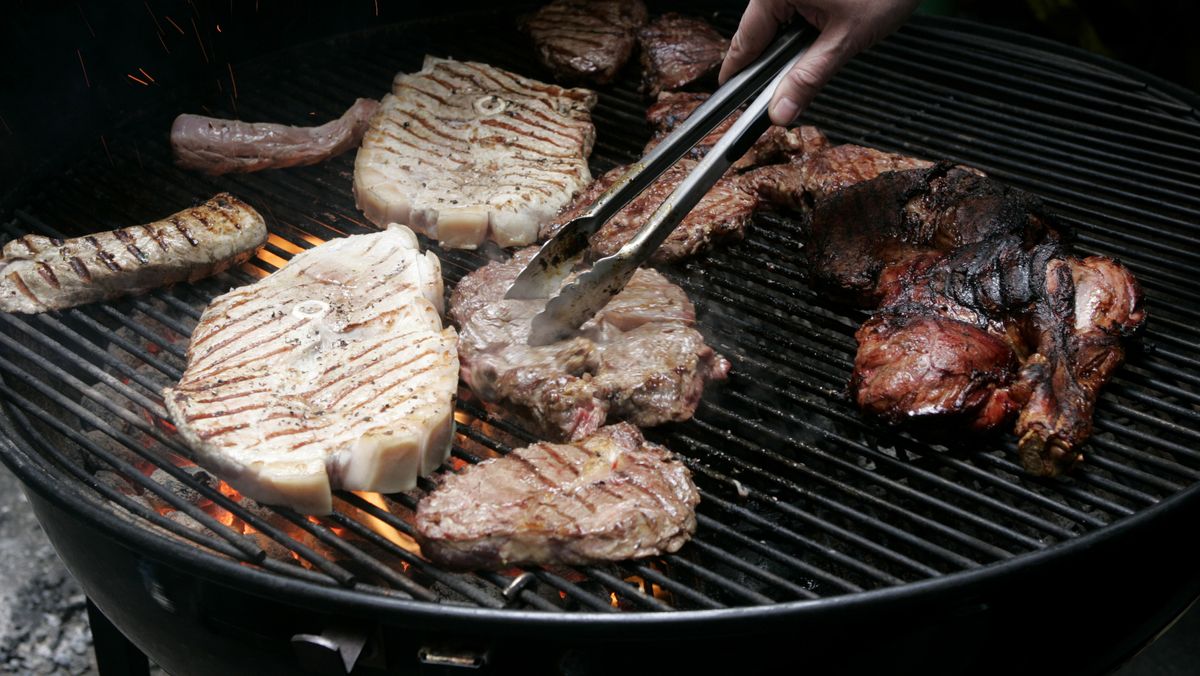a novel
Ellen Eka Bringa:
Soon night will fall
Bonnet
As we get older in this country, it is no longer rare to see pictures and advertisements of centenarians. Most of these “lucky ones” are women. But is life after 95 actually something to strive for? Of course, it all depends on how you feel and how you accept it.
Elaine Eka Bringa does her best to dispel the myth that those who grow old are particularly lucky people. in Soon night will fallher first novel, we get an insight into the world of a woman's life in the last two weeks before celebrating the big day.
Gunhild scratches her head, but life seems to have little to cheer about. Her longing is not for several days at all, but for the last and final night. “Death brings me back, but it goes slowly. Unlike the others here, it ate me from the bottom up, as if it were cutting me into small pieces with a knife and fork.”
“In the middle of reading, I began to miss more of what could give a lift in all this gloom.”
The book is full of such apt formulas that it makes the reading experience powerful and enjoyable, even though the story is one of the most tragic things I've read in a long time. There's also plenty of black humor here, as in a scene in which Gunhild asks a nursing home visitor how the person in question deals with active euthanasia, and he laughs uncertainly in response – and immediately adds that he didn't mean it in theory at all. Launch.
Only in books
The timeline alternates between the present in the nursing home and looking back on a long life. Gunhild has lived in Pau all her life, rarely being outside the municipal limits. Being rooted in the village, she lacked a stronger connection within herself.
Like many women before and after her, Gunhild had an accident when she was young. She was set on life without letting her make her own choices, with a man she didn't love, on a farm she didn't care about. Most days were grey. She found solace and meaning in literature, whether through the books she read or the texts she wrote herself. She published a collection of poems, a triumph at that, but it did not change her life.
This woman lived at a great distance from those around her, at the same time that she lacked a space of her own in which she could use and develop her abilities. Now, in the nursing home, she has her own room in a physical sense, but she no longer rules her life or her body.
She and her husband had a daughter named Helga. The mother-daughter relationship is the biggest pain point in the book. Gunhild's lack of happiness in life prevents her from having a good relationship. She's not directly mean, but dismissive and distant. The girl naturally searches for her father. Gunhild becomes alone in her family. We get some glimpses of her childhood in a family with little warmth, which provides some answer to Gunhild's lack of mothering skills.
Unscrew the hair rollers
The weekend doesn't come until the centenary. But at the nursing home, another younger woman appears, the journalist who will be reporting on the big day. At first, Gunhild is angry and unwilling, but gradually she becomes emboldened. The conversations bring a ray of light into the darkness in which the old man lives. It's needed, and after a little reading, I'm starting to miss more of what could give a lift in all this gloom. Life in the hospital is portrayed as sad as most of us think it is. Most people here are eager to “roll in hair rollers forever.”
However, it is a particularly successful novel written by the relatively young Elin Eka Bringa. With few exceptions, the language is very strong, and the author shows an impressive immersion in the life of an older person. The questions you raise apply to all of us, sooner or later, in one way or another. Who are we when we no longer remember ourselves?
Hilda Fissas
Hilda Fyssas is an author, lecturer and regular correspondent for Dag og Tid.

“Explorer. Unapologetic entrepreneur. Alcohol fanatic. Certified writer. Wannabe tv evangelist. Twitter fanatic. Student. Web scholar. Travel buff.”



